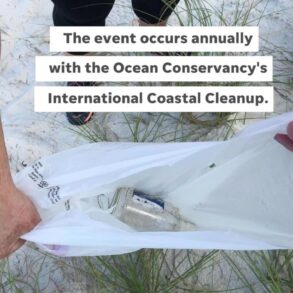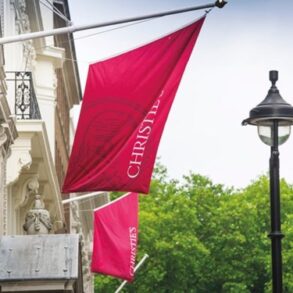Frieze’s parent company is considering selling all the fairs and the magazine, reports the Art Newspaper. The American entertainment conglomerate Endeavor became a majority owner of Frieze in 2016 and is now its sole owner. Earlier this year, the private equity firm Silver Lake struck a deal to acquire Endeavor that is due to close next year. Simon Fox, the CEO of Frieze, has written a letter to Frieze exhibitors stating, ‘The process of taking the company private includes steps related to the possible sale of some of Endeavor’s business. Consequently, over the next few months, Endeavor will be leading a process that may result in an ownership change for us.’ Endeavor is currently reviewing all its event assets, not just those relating to the art world. The amount Endeavor originally paid for Frieze is not known, but a document it filed with the United States Securities and Exchange Commission in 2019 stated that it acquired Frieze and the marketing firm Fusion for a combined total of $89.3m.
The art critic, artist and novelist Gary Indiana has died of cancer at the age of 74. Born Gary Hoisington in New Hampshire in 1950, Indiana began writing for Artforum and Art in America in the early ’80s before becoming the art critic for the Village Voice from 1985–88. He is recognised for his terse, trenchant style, and for skewering what he considered to be the foibles of the art world. However, he was uncomfortable with being labelled a critic, and said in 2023: ‘It took years to get people to stop writing about me as an art critic, which was something I never in a million years wanted to be in the first place.’ Vile Days, a collection of his columns for the Village Voice, was published in 2018. Indiana also wrote novels such as Horse Crazy (1989); set in New York’s East Village during the AIDS crisis that was then ravaging the art world, it drew praise from William Burroughs. The novel Do Everything in the Dark (2003) directly took on the subject of the New York art world. Indiana’s artworks include his film Stanley Park (2013), which drew links between government overreach and environmental collapse and was exhibited at the 2014 Whitney Biennial.
The Whitney Museum of American Art is making admission free for under-26s, after a donation from Julie Mehretu. The new policy, which will be effective from mid December, has been made possible by two gifts: a $2.3m donation from Mehretu, who sits on the museum’s board of trustees, and a donation of an unspecified amount from Susan Hess, who also sits on the board and is a former chair of the board. ‘You can’t have any conversations around diversity, equity and inclusion without providing access,’ said Mehretu in a statement. ‘I did not have access to contemporary art museums as a young adult, and when I moved to New York, I was waiting tables – it was hard to access contemporary art and culture, as it’s hard for so many grad students and young people […] this programme is a step in the right direction – and we need more.’ Currently, admission to the Whitney is free for visitors aged 18 and under, but costs $30 for those aged 19 or over and $24 for students and senior citizens.
In the latest development in a long saga, Swiss prosecutors are no longer charging Russian oligarch, businessman and art collector Dmitry Rybolovlev with having the Swiss art dealer Yves Bouvier arrested by Monaco police. The Swiss Office of the Attorney General (OAG), which first brought the case in 2017, said that it was ‘unable to establish the facts […] and no suspicion justifying an indictment has been established’. In December 2023, Rybolovlev and Bouvier reached an out-of-court settlement and were no longer involved in litigation against each other, though Rybolovlev pursued and lost a fraud case against Sotheby’s in January this year. Rybolovlev is still facing charges of influence peddling and corruption in Monaco, which he denies.
This post was originally published on this site be sure to check out more of their content



